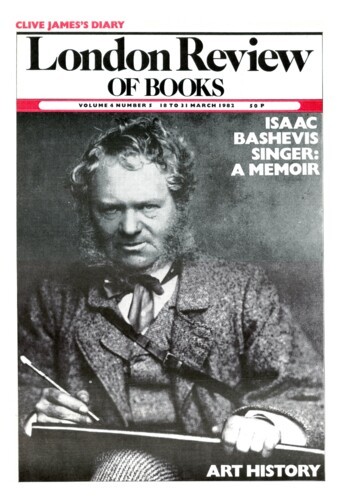Pay and Jobs
Samuel Brittan, 18 March 1982
All monopolies work by raising the price per unit sold at the expense of a reduction in volume. Unions are no exception. They are in business to raise the pay of those already employed, even at the expense of fewer jobs. Fear of redundancy is some check, although a limited one where the majority remain at work. Reductions in employment which occur through natural wastage and non-recruitment are much less of an inhibition. Those priced out of work by union activists have the choice between being crowded into inferior jobs in the non-union sector (which is very small for manual workers, and almost non-existent in the public services) or the dole. The effect of union power on employment is thus clearly adverse. But how large a role it has had in producing the current total of three million unemployed is more debatable. James Meade has no doubt that it has played the key role; and he devotes the greater part of the first of his two volumes on Stagflation to an analysis of reforms in wage-fixing methods which would promote rather than destroy employment. The reforms, he believes, must come in the guise of incomes policy.

